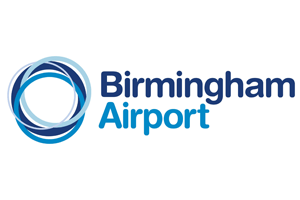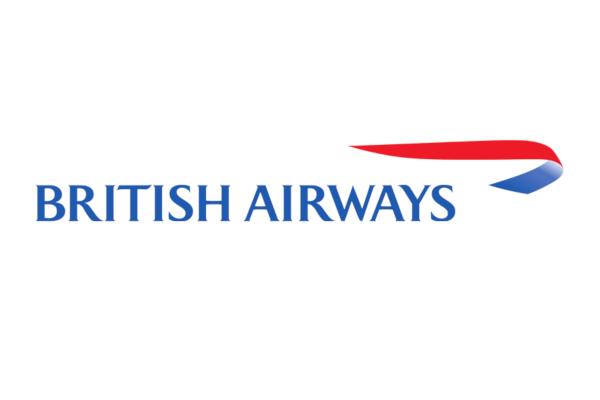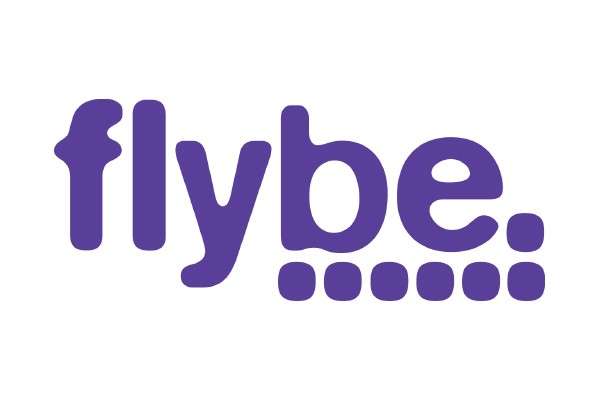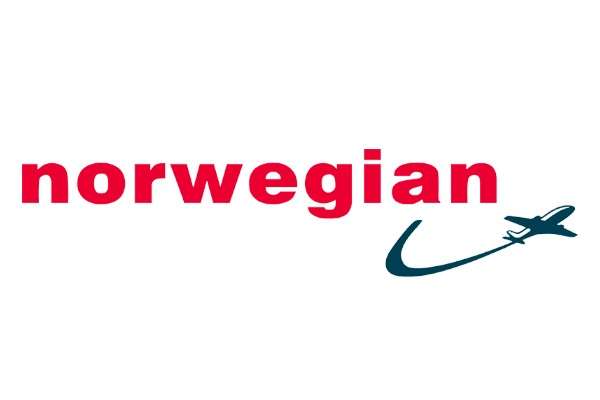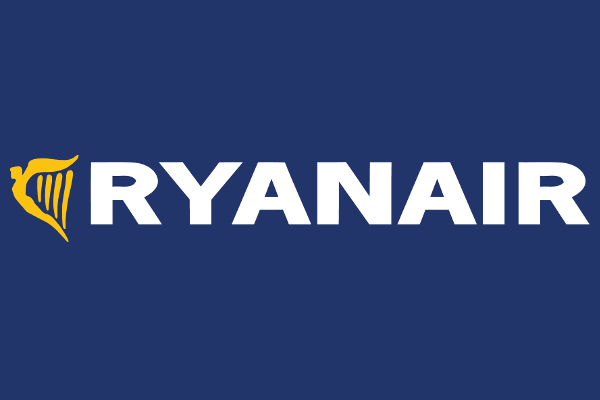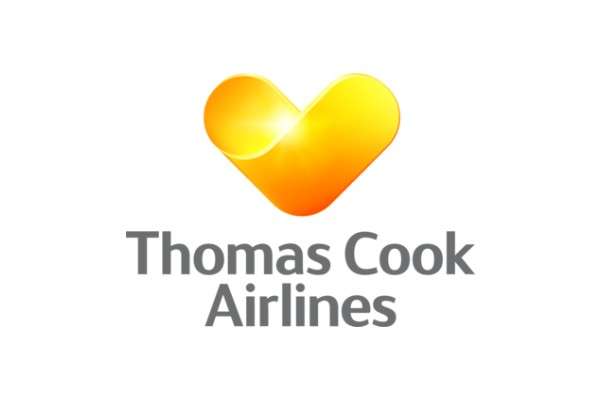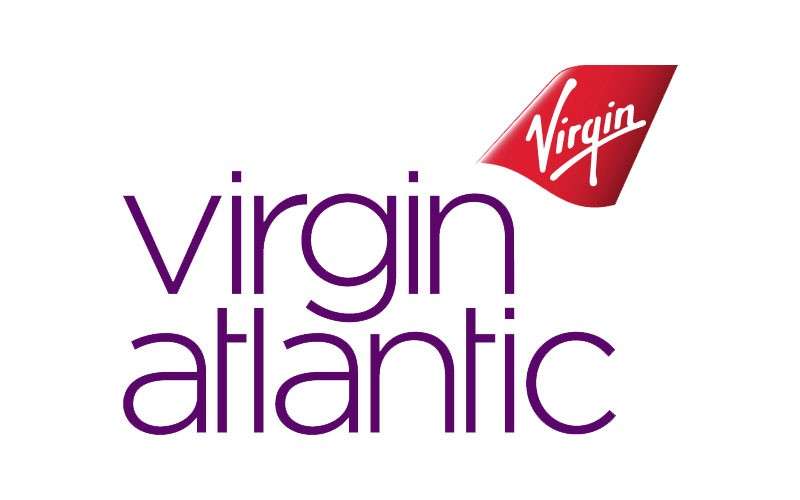Flight Delays
Flight Delays Compensation: All You Need To Know
A delayed or cancelled flight can be a nightmare. Whatever the reason, be it technical problems, bad weather or difficult and extraordinary circumstances. Being left at the airport because of cancelled or delayed flights can pose serious difficulties. The good thing to know is that you can seek redress in these circumstances – if it’s not an air passenger fault, compensation may be provided.
Search for a Company to begin a Claim
If you’ve survived the frustrating hassle of a delayed flight and want to know if you’re Eligible for compensation, we’ve put together this handy guide! Letting you know all of your rights, the regulations, how to claim for flight delay and much more.
Did you know: If your flight is delayed by over three hours or is cancelled, you are often entitled to between £110 and £520 in compensation under EU rule 261/2004!
Why is Compensation Important?
Not only is compensation a way to relieve the problems that can arise because of a cancelled or delayed flight, but, there is serious money in flight delay compensation.
In October 2012, the doors for mass compensation for long flight delays were opened due to the Significant ruling by the European Court of Justice. The court deemed that customers were indeed entitled to compensation for lengthy delays. All dependent on them meeting a specific criteria.
Therefore, air passengers who have experienced long delays have been persisting to get their compensation, however, not everyone has won. Certain airlines aimed to prevent passengers from claiming for flights that were older than two years, and for extraordinary mechanical faults. Nonetheless, the courts decided against this in both 2014 and 2015.
Your Flight Delays Rights Explained
If you are ever left at an airport waiting for a European Union regulated flight (these are flights leaving an EU airport or EU airlines going to an EU airport), these are the rights you have and any information you are entitled to.
1. You have the right for your airline to tell you what’s going on.
What you can do is ask at a check-in or information desk and also aim to regularly check your airline’s website, app and social media pages for updates. Check the email you used when booking and you can also enter your flight number on sites such as FlightRadar24. This program tracks planes in real time so air passengers can see what is happening.
2. You have the right to food and drink.
Your airline must cater to you if your flight is delayed, you’re waiting for an alternative flight or if your initial flight was cancelled. This is irrespective of what caused the delay. They ought to provide food and drink for any delays that are more than two hours on a short-haul flight, more than three hours on medium haul and more than four hours for long hauls. Vouchers are also a way many airlines choose to provide this. If your airline is unable to provide you with food straight away, you can buy your own and claim back the expenses. Ensure to save any receipts and note that only reasonable expenses will be reimbursed. This information is usually found on your airline’s website.
3. You have the right to accommodation if needed.
If your delay leaves you stranded overnight, you are entitled to a hotel, and the airline needs to provide transport to and from it. Again, if they do not book the hotel for you, you can do so yourself and keep all receipts for reimbursements.
4. You have the right to a way to communicate.
This ensures that your airline covers you for the cost of any phone calls you must make as a result of the cancel or delay.
What to Do When Experiencing a Delay?
1. Keep hold of all physical delay evidence.
Make sure to retain receipts, try to write down the reason you were given for the delay or cancellation and screenshot or print out any information that the airline puts out across their social media platforms or websites. This can be valuable information when making a compensation claim.
2. Note how long you were delayed for in total.
If your delay means that you arrive at your destination over three hours later than expected then you can be owed up to £530 in compensation. Particularly if the delay is considered to be within the airline’s control.
For delays of over five hours, you are entitled to a refund. At this stage, if an air passenger no longer desires to travel they can request a refund which will also include any unused parts of your reservation such as a return flight. Note that if you are refunded, you will not be entitled to any more care or assistance.
Flight Delays Compensations Regulations
When deciding whether or not to claim compensation, here are five of the most important regulations you should be aware of.
1. It is only for EU-regulated flights.
You are only eligible to seek compensation on this route for a European Union regulated flight. An EU flight is one where the flight leaves from an EU airport, or an EU airline that lands at an EU airport. Following this law, EU airports also include those in Liechtenstein, Norway, Iceland and Switzerland.
For example a delayed London to Miami flight will qualify for compensation, irrespective of the airline. However, with a Miami to London flight you are only entitled to compensation when flying with an EU airline such as Virgin or KLM, but not on one such as Air India.
2. You can claim back to 2013!
It is best practice to claim on flights that do not go back further than 2013. Theoretically, one can claim as far back as 2005, however the chances of receiving compensation for these dates are highly unlikely. Experienced flight delay solicitors Bott & Co advise that any airline will refuse your claim if it is longer than six years ago.
But what makes older claims so unlikely? Well, in England, Wales and Northern Ireland, because of the statute of limitations, if you must take your airline to court to get the money then you are only able to go back six years. However in Scotland, it is up to five.
3. It must be the airline’s fault to make a reasonable claim.
As an air passenger, you will only be entitled to compensation if the delay was within the airline’s control. Issues such as staffing problems and under booking are also considered to be within airline’s control. However industrial strikes by airport staff do not count.
If an airline deems the delay is not their fault, they must prove that there were extraordinary circumstances and that they took all reasonable and necessary steps to avoid them.
If the airline is able to prove that the delay was caused by ‘extraordinary circumstances’ then no compensation is payable.
Extraordinary circumstances are such that are above and beyond the reasonable control of the airline. This can include: any security risks, political flux or harsh weather that makes flying hazardous.
Despite not being eligible for compensation in these circumstances, you still have the right to food and drinks, refreshments, accommodation and hotel transfers depending on the length of your flight and how long the delay was.
4. Delays must be over 3 hours to claim.
Compensation for delays is only due on flights arriving at the destination more than three hours later. How long the delay is will determine how much money you could be compensated with. This is also a fixed amount and is not dependant on refunds.
Additionally, this rule is dependent on when the flight arrives, not when it departs. For example, if you’re on a flight that takes off four hours late but only lands 2 and a half hours late then unfortunately you won’t be eligible for compensations.
Compensation is per person, so for two passengers you can double it. However, if a passenger travels free, you will not be able to claim.
Lastly, compensation is decided in euros so the amount you will actually receive in GBP will change depending on the exchange rate at the time of payment.
5. What if the airline doesn’t want to compensate?
If your airline rejects or holds your case, this is not the end! If you feel that your claim has not been dealt with accordingly then you have the ability to take your case to the applicable regulator or alternative dispute resolution (ADR) service.
Remember, you do not need a claims hander to do this and can do so yourself.
Knowing the correct organisation to take your case to will depend on the airline you flew with and where you were flying to and from. In some cases you may need to go through an ombudsman-style scheme that has binding powers. In other cases, the regulator will give advisory rulings.
It important to note that whilst most airlines will not charge you to take your claim higher, some airlines including: British Airways, Condor, Easyjet, Thomas Cook and Tui (previously Thomson) will charge you a fee of £25 fee if your appeal is not successful. If your appeal is ineffective, then a further option that you have is to take your airline to court. Before this, it is important to weigh out all costs first.
Calculating Potential Flight Delays Compensation
Understanding how much you may be able to claim in compensation depends on a number of things including:
- How long your flight was delayed
- The distance of your flight
- The costs
- Compensation if you travelled, and
- Fare refunds if you didn’t travel
You could be eligible to between £250 and £520 in compensation.
How Should You Make a Claim for Compensation?
Decided that you want to make a claim from your airline? Here are some helpful tips that you can take when making your flight delays claim. It’s important to note that different airlines will certainly have different procedures for claiming. Whilst some may take emails and letters, others may require you to fill in an online form. It’s important to know what method your airline uses and all the steps in their process before you claim.
1. Contact the airline.
This needs to be the airline operating the flight, even if you booked through another airline. The first point of contact is usually the airline’s customer services department. Be prepared to give important details including your flight details, booking reference numbers and the details of your delay. At this stage you may also refer to any receipts of other forms of evidence you might have.
2. Write your claim
It is very important to also have a written form of your claim. This can be through an email or a letter. In your claim, you should detail what went wrong and what you desire the airline to give you. State clearly what you want to achieve by writing them.
Services such as The Civil Aviation Authority have information on how to write a good claim and you can download template letters from numerous websites including Which? Be sure to include copies (not originals) of your tickets and any receipts that will support your case.
3. Keep receipts and other physical evidence.
It is important to keep copies of your claim and any responses you get from the airline. Take notes if you speak to anyone from the airline on the phone because this can be very useful information if you decide to take your claim further.
‘My Flight Delays Claim Was Rejected’ – What To Do?
It can be disappointing to find out that your claim has been rejected or put on hold, but this does not mean it is the end of your case. If you are positive that you have a valid claim then you can take your case to the relevant regulator or one of the many new adjudicators that the airlines are with.
Escalating a case is usually free, but as detailed above, some airlines will charge you. One of the adjudicators, CEDR, also charges a £25 fee if your appeal is unsuccessful.
You must use an adjudicator if you flew to or from the UK and your airline is registered with one.
The UK’s airline regulator, the CAA, has been allowing many different Alternative Dispute Resolution (ADR) schemes to take on cases.
If your airline has signed up to one it must tell you when it rejects your claim and if the scheme covers the flight you flew on, then you must go through that route if you wish to appeal. The decisions of ADR schemes are usually binding on the airline which is a significant benefit for air passengers.
Another way is to report your issue to the Civil Aviation Authority (CAA) if the airline doesn’t give you what you’re entitled to. This will only be considered if your airline or airport involved is not a member of an approved alternative dispute resolution body.
Taking Your Airline to Court
After you’ve gone to a regulator and your airline still rejects your claim, the next step is to take them to a small claims court. This can even be done online!
Another reason why people take their airline to court is if they are not happy with the outcome. Although the adjudicator’s decision is binding on the airline, it is not binding on the air passenger.
Additionally, if the airline is keeping your claim on hold for a lengthy period of time, you can force them to deal with your claim by taking them to court. However, if the claim is delayed because of other ongoing legal issues, it may be best to wait for the airline. Do file court proceedings quickly if your claim is close to the six years limit.
Flight Delays Compensation
In conclusion, if your flight has been delayed for more than three hours and it was not your fault, you may be entitled to flight delays compensation. Though the process may be a challenging one, it will certainly be worth it when you are compensated for the problems caused by a delayed flight.



